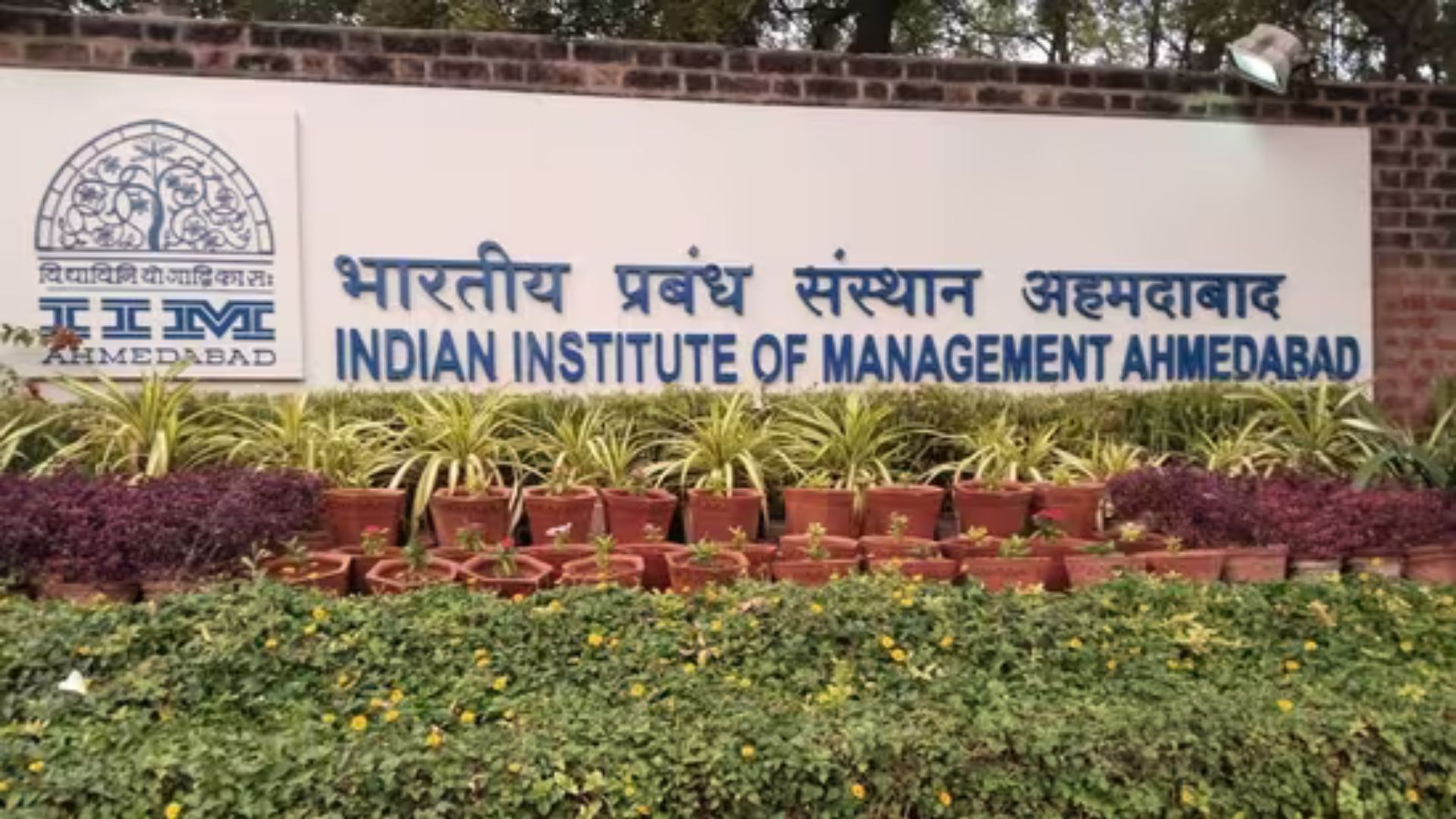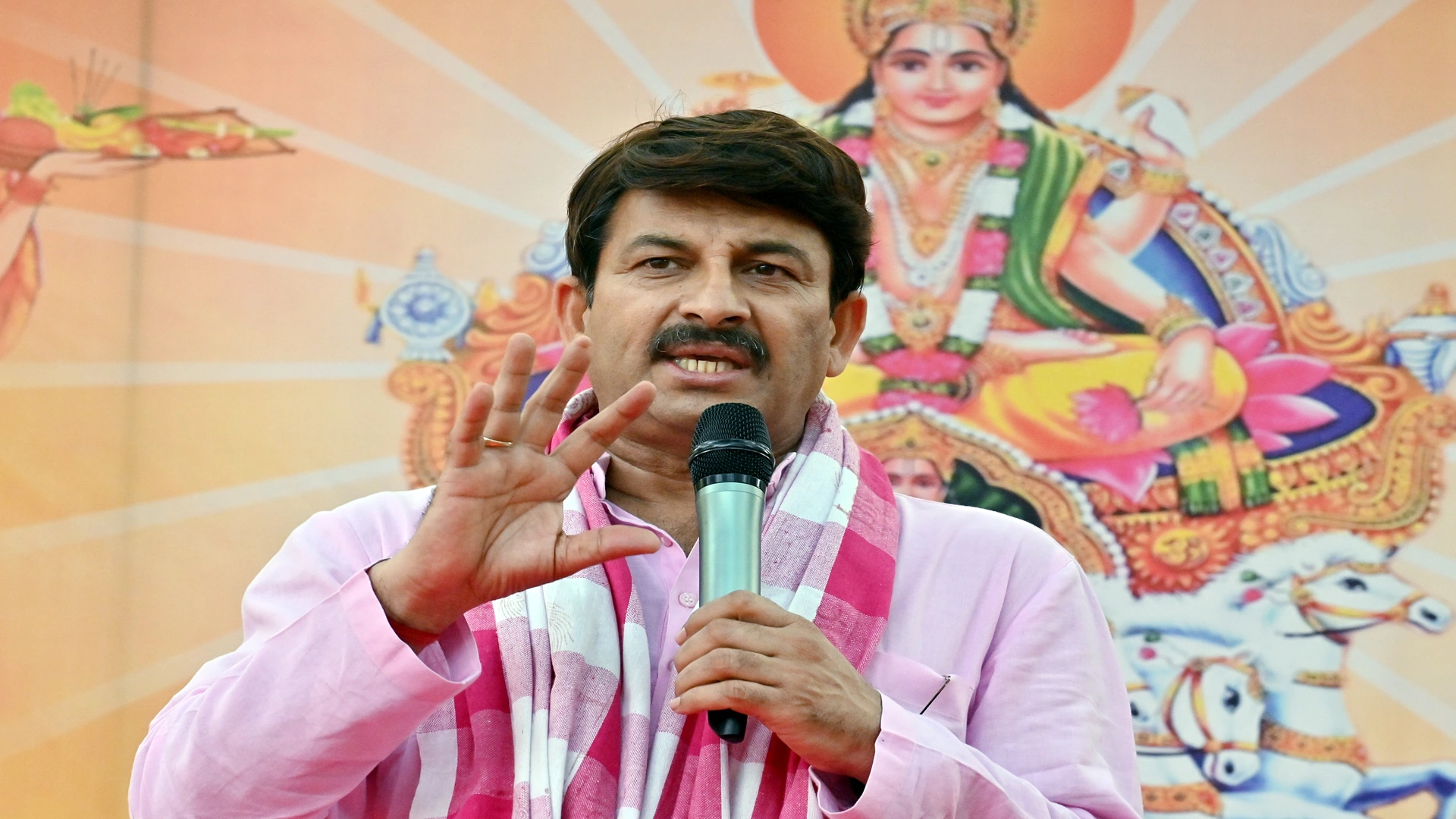The advent of Articles 323A and 323B into our Constitution through the 42nd amendment has successfully introduced tribunals into the justice delivery mechanism. Tribunals have taken to itself certain matters that previously vested with the lower courts and in appeal with the High Courts (“HC”). Tribunals are forums for seeking specialised justice and are expected to be as fair and as independent as any other court. This is more so because establishment of these tribunals cannot provide an alternative path to the executive for asserting their control over judiciary, whose independence forms the part of the basic structure of the Constitution. Moreover, the departments occupied by the executive appears before such tribunals as a litigating party and their role in appointment would jeopardise public trust and faith in these institutions. The Supreme Court (“SC”) has been issuing slew of directions to the government for maintaining independence of these tribunals in line with the Constitutional scheme. On the contrary, Government time and again have been framing rules in contravention to such directions, giving life to never ending litigation on the validity of these rules. In this article, I intend to dissect one of the recent judgement of the Supreme Court in the case of Madras Bar Association v. Union of India [W.P. [C] No. 804 of 2020] passed in the month of November. In this case, the Supreme court was called upon to decide the validity of “Tribunal, Appellate Tribunal and other Authorities [Qualification, Experience and Other Conditions of Service of Members] Rules, 2020” (“the 2020 Rules”).
SCOPE OF THE ARTICLE
The court here was concerned with the constitutionality of various provisions concerning the appointment, selection, tenure and conditions of services for the appointees of tribunals. In this article, I intend to deal with two issues that were germane to the decision. The first one is with respect to the composition of selection cum search committee which shortlists and selects the appointees to such tribunals. Herein, I will also shed some light upon the evasive behaviour of the government in complying with the previous directions of the court for the establishment of an independent body which will ensure timely appointment to these tribunals. The second issue is with respect to the appointment of Indian Legal Services (“ILS”) officers as judicial members to these tribunals. In this issue, I would deal with a judgement of the SC rendered by a five-judge bench and how the present bench of three judges proceeded on a wrong premise before overruling it.
FAILURE OF THE GOVERNMENT IN ASSISTING THE APEX COURT
The duty to appoint the chairperson/members of the tribunals vested with the search sum selection committee (“committee”). The committee comprised of the Chief justice of India (“CJI”) or his nominee, outgoing chairman of the tribunal or the High Court judge (when the current chairman is eligible for reappointment or when the president is not a judicial members) along with two secretaries to the government, each having a single vote. There were two concerns with the composition- firstly, there was nothing to ensure judicial dominance, which ensures that appointees are not representative of executive. Secondly, the secretary of the sponsoring department (like ministry of corporate affairs in matters before NCLT) can become members of the selection committee. Such department appears as a litigating party and also provides administrative support to these tribunals. This meant that adjudication by such appointees would not seem to be fair, even if it was fair. The SC allowed the government to go ahead with the composition on fulfilment of two directions i.e. Secretary of sponsoring government can be a member of the committee with no voting right and he will merely act as convenor of the committee. The court also directed to include one secretary necessarily from the ministry of law and justice. Apart from this, the attorney general assured the court that a casting vote will be provided to the CJI in case of deadlock whereby ensuring judicial dominance, which was readily agreed upon by the court. The committee is a temporary arrangement as the government have been failing to abide by the previous directions of the SC for the establishment of an independent body handling the appointments. The SC has been directing and has also reiterated in the present case for the formation National Tribunal Commission (“NTC”) which will supervise and appoint the members to tribunals.
The NTC as per the direction of the SC in the case of Rojer Mathew v. South Indian Bank [(2020) 6 SCC 1], will comprise of (i) three serving judges of SC nominated by the CJI; (ii)two serving HC judges nominated by the CJI;(iii) two members to be nominated by the central government;(iv) two independent experts to be appointed by the government in consultation with the CJI. The composition ensures judicial dominance and at the same time provides for executive representation. One may be mistaken to compare this with the collegium system where the role of executive is completely eliminated and it is the judicial branch that completely controls the appointments. The comparison is not a feasible one as it fails to take into account the difference in composition of these forums. Tribunal consists of technical and judicial members while the courts consists solely of the judicial members. The technical members possess the technical know-how of the specified field and are appointed from the executive wing while the judicial members ensure fairness in the decision making. Thus, the composition of the appointing body includes certain executives as opposed to judicial members solely in collegium. The lackadaisical approach in complying with the formation of NTC, calls the court time and again for deciding the validity of temporary arrangements. The government through this has been betraying the constitutional duty placed on it under Article 144 of the Indian Constitution to act in aid and assistance of the SC. This article puts an inescapable duty on all the authorities including the government for enforcing the decision of the court. The article finds mention in the celebrated dissent of Nariman J in the reference of Sabarimala case to a larger bench [(2020) 2 SCC 1], whereby every authority who exercises right over the citizens of the country must work for the enforcement of SC’s decision. The decisions of the Apex court would have remained ineffective, if it were not for this article. The article is not merely directive but places inescapable duty to abide by the decisions of the top court especially in the present case where basic structure is under the scanner. It is also true that it is within the legislative realm to frame such policy but the present system is not successful as many officers are hired on deputation, government fails to give timely approval for approval proving the failure of temporary arrangements. The tribunals are equally important and must be (wo)manned by competent staff with a uniform policy.
ENTRY OF INDIAN LEGAL SERVICES OFFICERS INTO THE JUDICIARY
The second issue is with respect to the eligibility of ILS officer to be appointed as judicial members to tribunals. Previously, ILS officers were only eligible to be appointed as technical members but the present ruling made them eligible for judicial membership as well. The SC placed a caveat that they must be subjected to the same conditions as the advocates are subjected to, indicating that experience at the bar was the main force behind allowing for their appointment. The SC by allowing them has overruled its own judgement rendered by a bench of five judges in the case of R. Gandhi v. Union of India [(2010) 11 SCC 1)]. The SC had considered its previous judgement but held it to be per incuriam (impliedly) as certain points were not raised and considered therein. The SC offered two cogent reasons for overlooking the ruling in the case of R.Gandhi- firstly, the judgement dealt with civil servants as a class and no separate consideration was given to ILS officer and secondly, the judgement did not took note of the experience at the bar that such officers possess. The first reason does not hold water as the SC therein (para 120(i)) in its conclusion has dealt with the ILS officers specifically and there was nothing in the judgement to affirm what has been stated by the SC. The SC’s driving force behind their appointment was their experience at the bar as practising advocates. There is nothing in the ILS service rules which makes them eligible to argue before the court as the realm of argument lies in the hands of other officers like standing counsels, attorney general etc appointed specifically for this purpose (“The comeback of ILS to tribunals”, BQ). This means ILS officers who were practising as advocates before their appointment as ILS officer can be eligible for appointment as judicial member. The court was mistaken to compare them with the advocates who have the same experience at the bar and when they were eligible for appointment as judicial members, then nothing can impede ILS officer. The SC here failed to appreciate the fact that in the decision of R. Gandhi, the court’s emphasis was also on judicial independence and appointments of civil servants will adversely impact it and by this logic they barred the ILS officers. The SC by allowing ILS officer to be appointed as judicial members have diluted the judicial independence and have opened the path for the executive to assert their control over such judicial members. The judicial members are expected to ensure fairness in the adjudication mechanism and this cannot be ensured when their appointment comes from the executive wing. In my respectful submission, the SC was not correct in including the experience at the bar as the only factor and equating them at par with advocates. In my submission, it is not the experience solely that makes the advocate eligible for appointments but along with it their independence from executive is also a relevant factor. Hence, the appointment of ILS officers as judicial members will dilute the independence of tribunals.
CONCLUSION
The tribunalisation of justice was brought to expedite the adjudication mechanism and they have been so far successful in their objective. The tribunals have attained unique place in the Indian landscape as they have been adjudicating several important matters. The judgement in Rojer Mathew has termed independence of these tribunals as a basic feature of the Indian Constitution. This basic feature has to be crystallised and preserved in reality by the formation of NTC, which will have the sole duty of selecting, supervising and removing the appointees to ensure that the tribunals are occupied with man of integrity and good character. This will enable timely appointment and would eliminate the current practice of extending the tenure solely due to failure to approve appointments.







